The French upper house of Parliament voted to ban girls under the age of 16 from competing in beauty pageants Sept. 18. The law passed 197-to-146 as a part of a broader bill to promote gender equality. According to a report by Chantal Jouanno, a senator and one of the ban’s leaders, prohibiting pageants prevents the “hypersexualization” of children.
This distain for beauty pageant culture stems from outrage toward American shows such as “Toddlers & Tiaras” and “Here Comes Honey Boo Boo” as well as a risqué photo spread of an eight year old in Paris Vogue back in December 2010.
“Here Comes Honey Boo Boo” is not one of America’s finer examples of modern day entertainment. The TLC reality T.V. show stars an eight-year-old pageant queen Alana Thompson and her southern family. Viewers watch as she competes in various pageants and other “redneck” activities.
“Toddlers & Tiaras” gained its fame by being equally ludicrous. The show, also on TLC, focuses on girls as young as two competing in high-stakes pageants. Both shows aim to make a satire out of the beauty pageant world.
It’s important to keep in mind that TLC’s goal is to make these shows as ridiculous and outlandish as possible to gain viewers.
The law argues that the pageant world is an unhealthy environment that sends a negative message about body image and what it means to be beautiful. However, the ban is misdirected and the argument behind it is flawed.
Though a noble endeavor, preventing the over-sexualization of young girls is a lost cause. It is a sad reality of modern day culture in both France and America that the premature exposure of girls to sexual content in social media is inevitable. The ban on beauty pageants is seemingly just a way for the government to point fingers at a much bigger problem.
Young girls are exposed to mature material everyday through the media: music, magazines, T.V. shows, movies, the internet—the list goes on. Simply eliminating beauty pageants for girls under 16 will not alleviate the hyper-sexualization problem in modern culture .
If lawmakers in France want to prevent girls from being over sexualized, are they going to ban every song that makes an inappropriate reference or a movie in which a young female is wearing something revealing? The epidemic of oversexualization of young girls is all around us, and the blame placed upon beauty pageants is misplaced.
Beauty pageants teach young girls the importance of education and talent, promoting poise and dignity as well as self-respect. These shows and a magazine spread should not be a contributing factor in the reason girls younger than 16 are limited from pursuing something they are passionate about. Limiting girls from participating in an extracurricular activity that they enjoy is not promoting “gender equality”—it’s keeping the girls who want to be part of the pageants from doing something they love.
Instead of blaming beauty pageants, the French Senate should take a step back and look at the larger picture at hand.




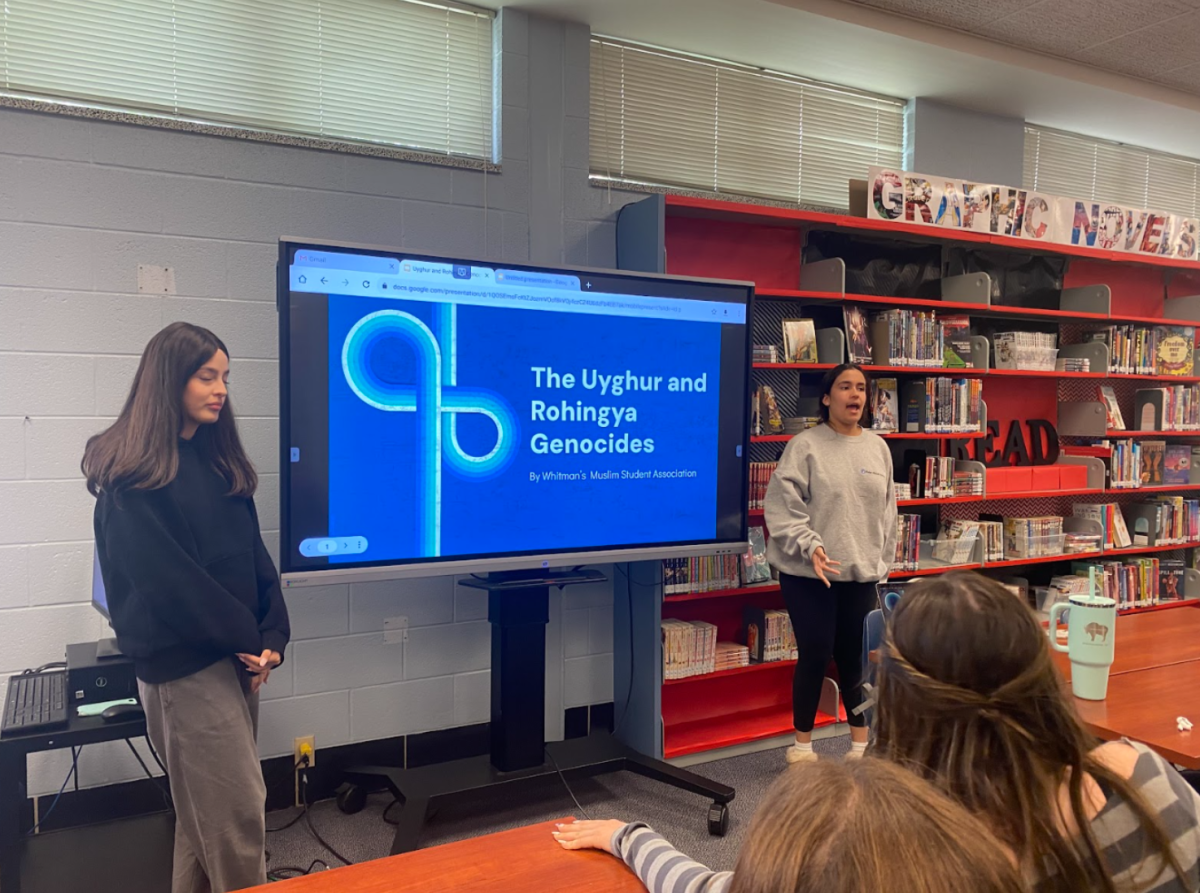
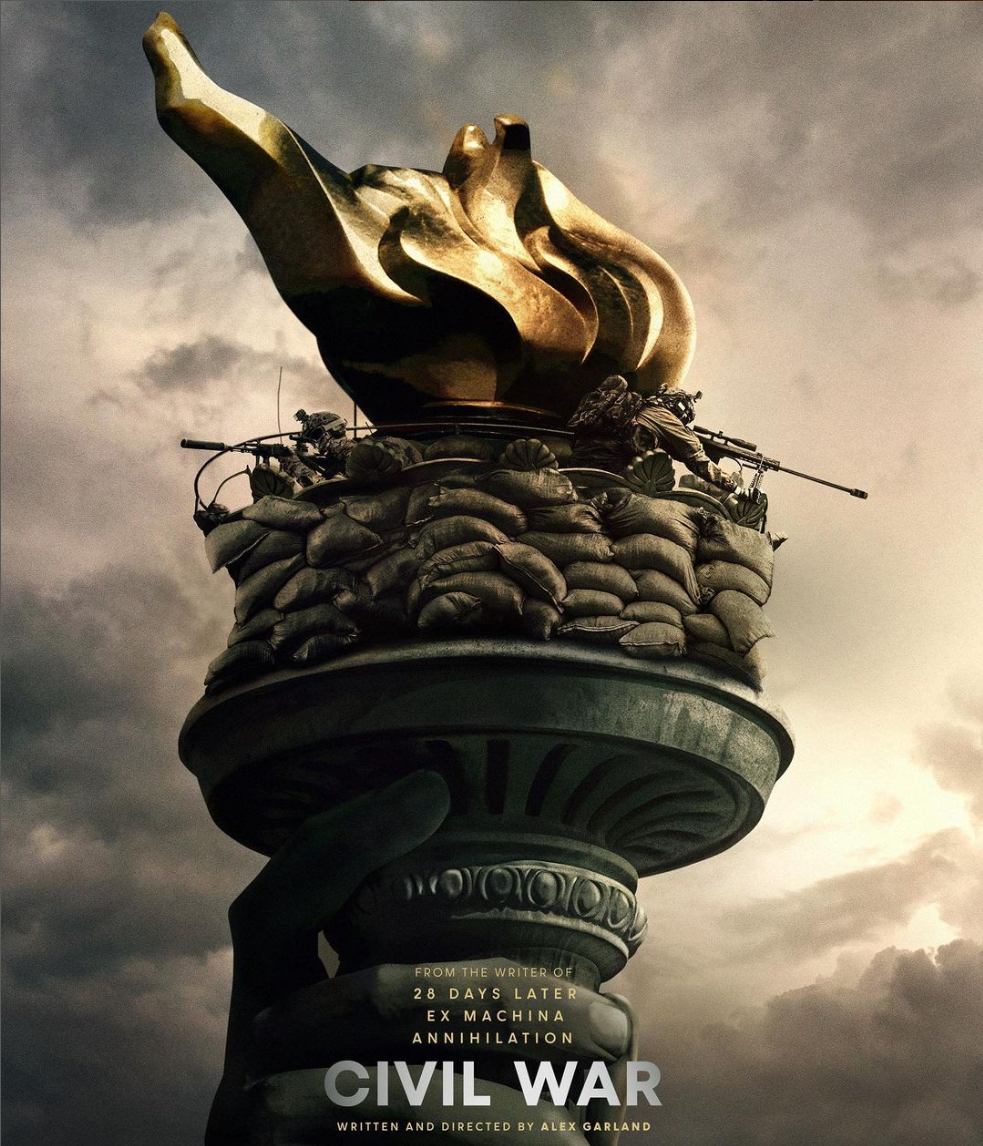
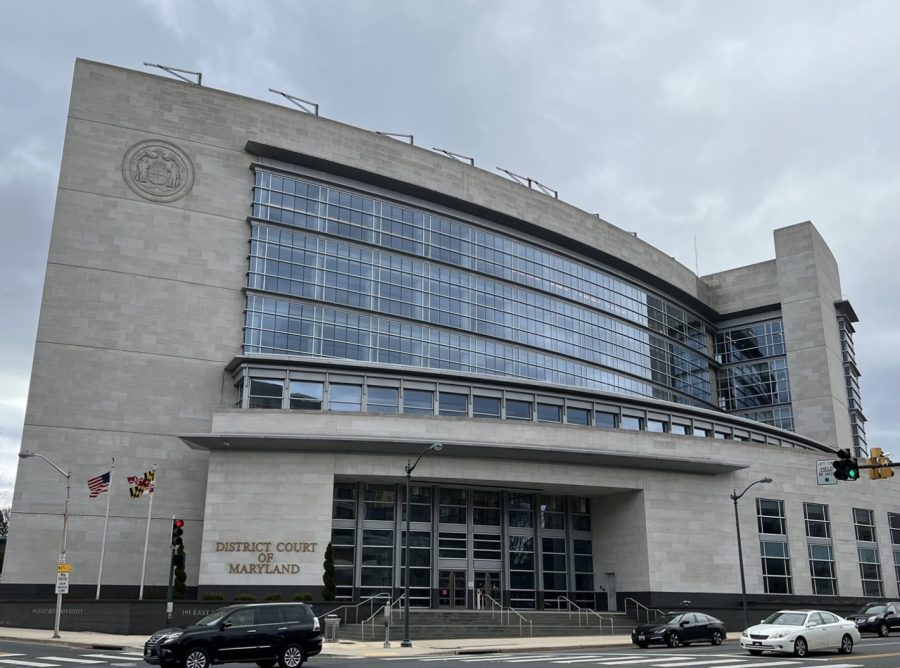
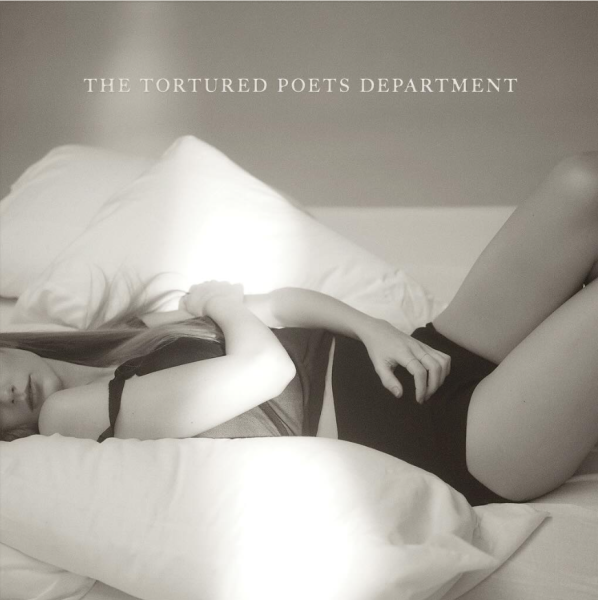

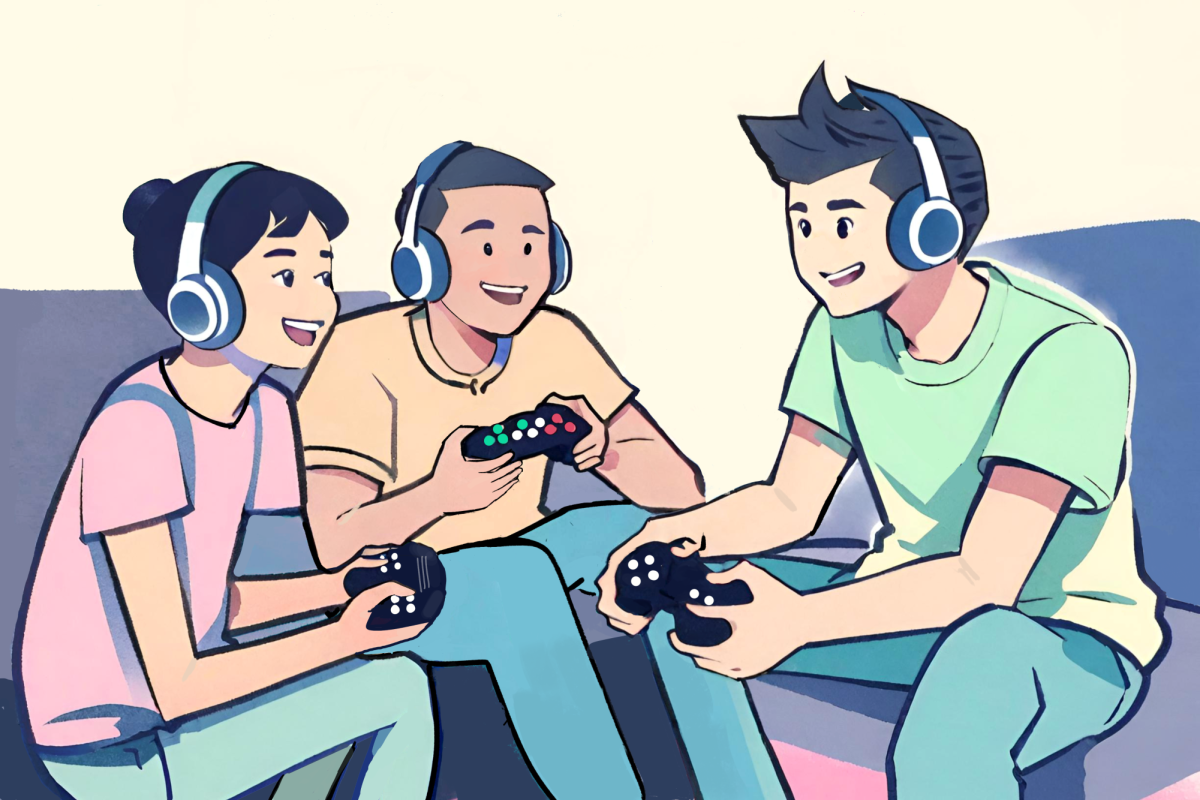


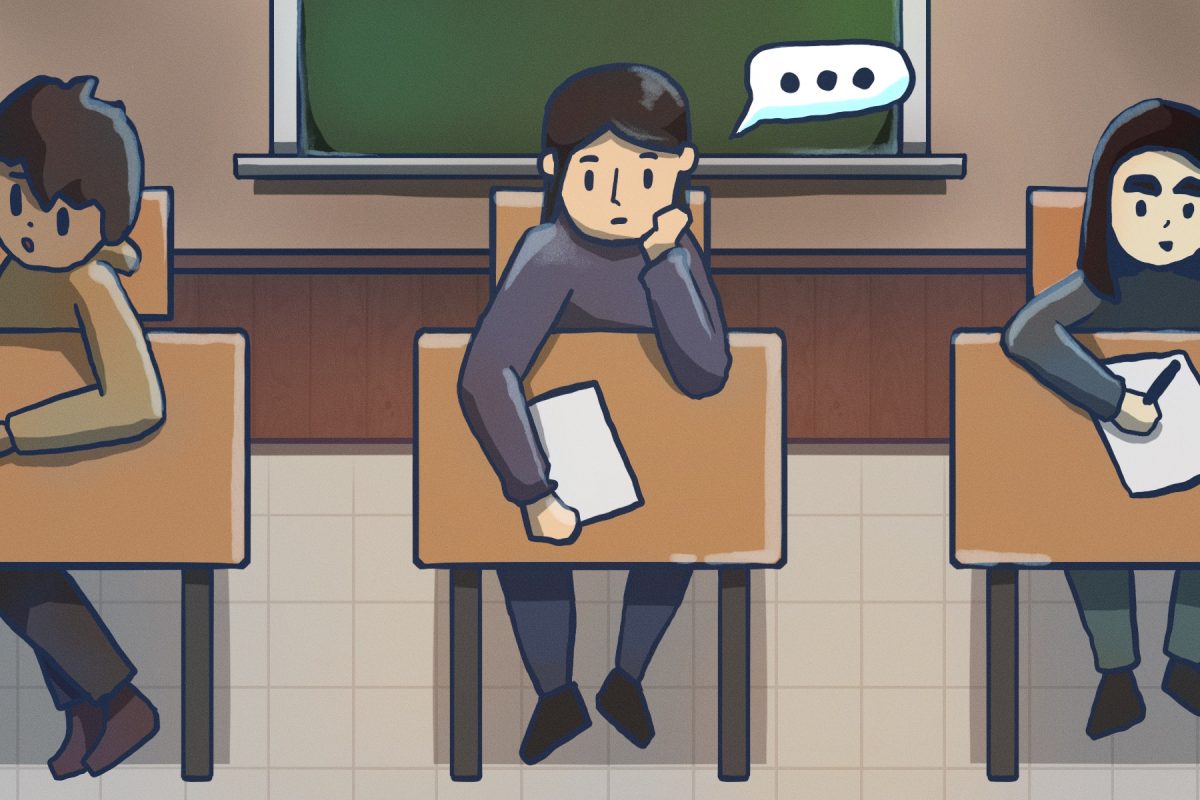

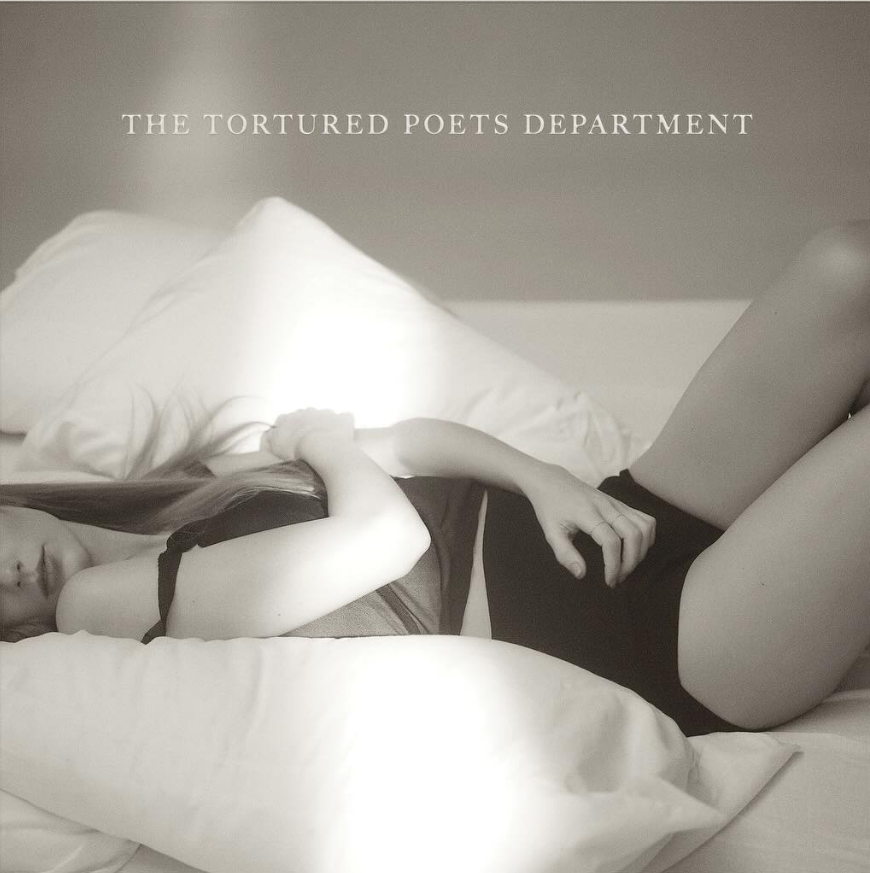
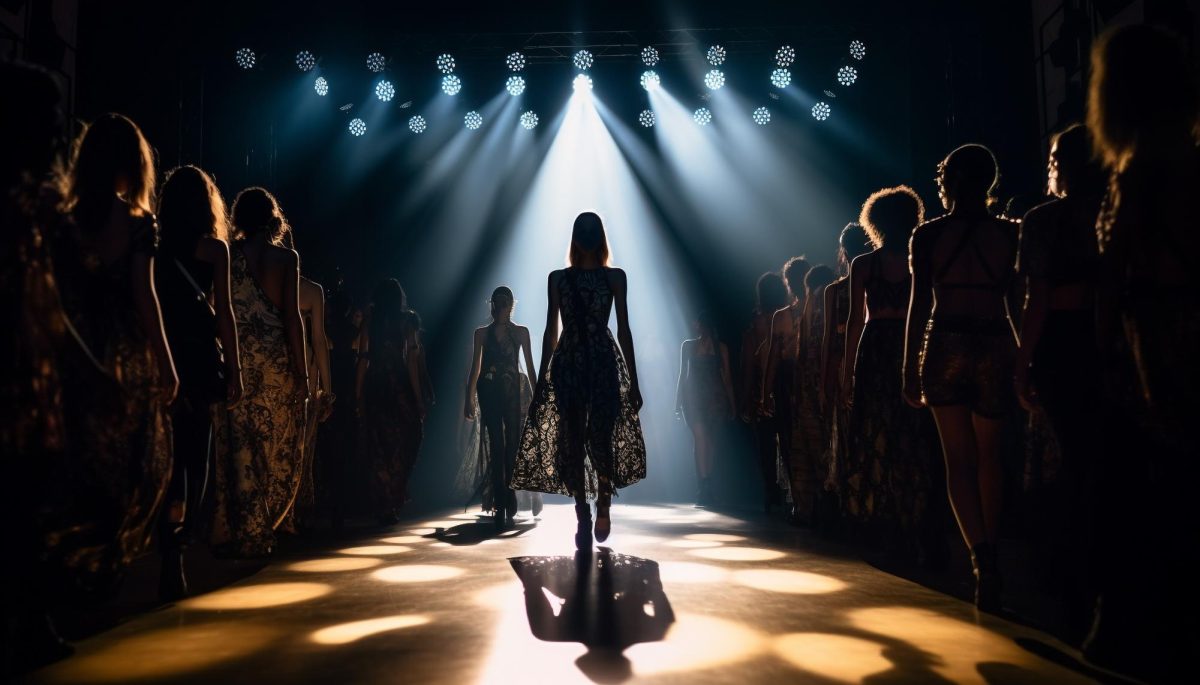



Ixion • May 27, 2014 at 10:16 pm
Could we see some empirical evidence showing that beauty pageants are actually empowering, educational, activities? If not, don’t make the claim.
Huh? • Oct 29, 2013 at 3:44 pm
I think the point of the Ban is to prevent parents who believe their kids can be sexually objectified from placing their kids into pageants that will allow just that. While kids will still be exposed to mature themes through the media does not mean that they should participate in them, which is exactly what the french are trying to do. Prevent kids from participating in an often sexual and always mean (for losing children) event.